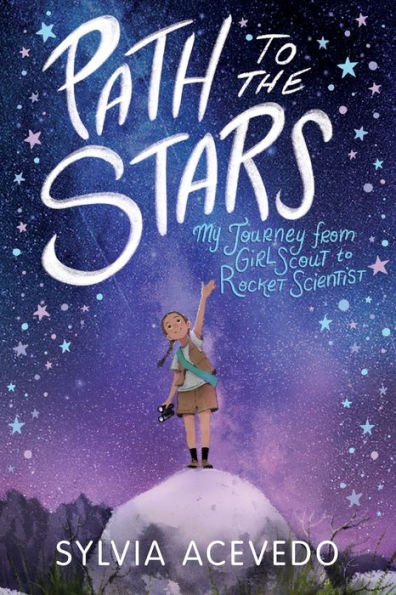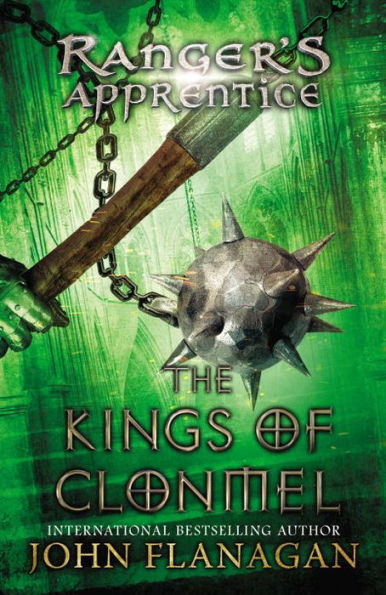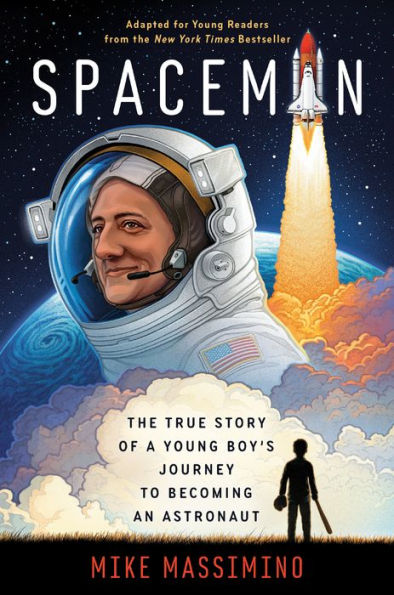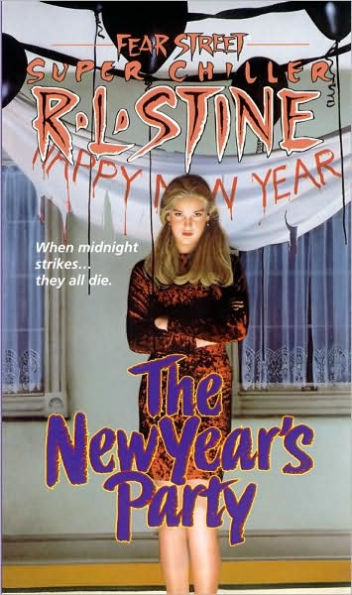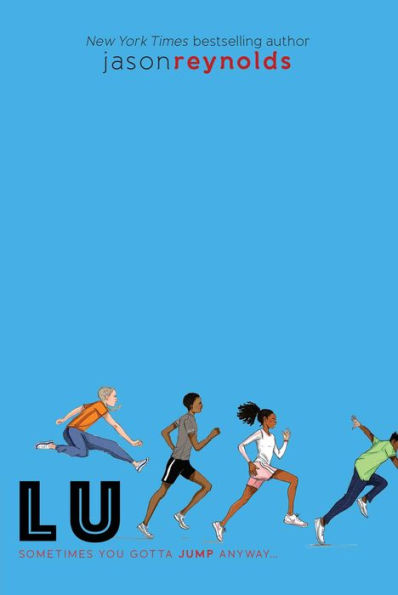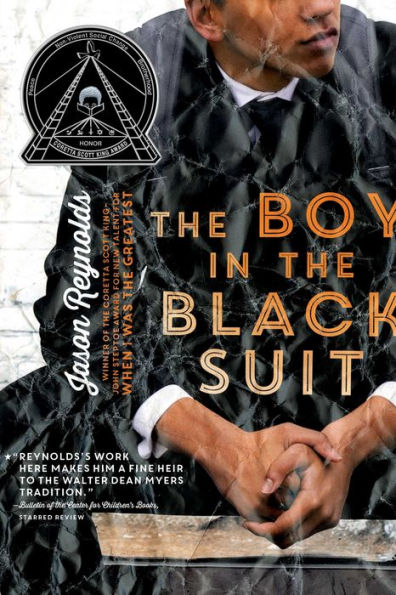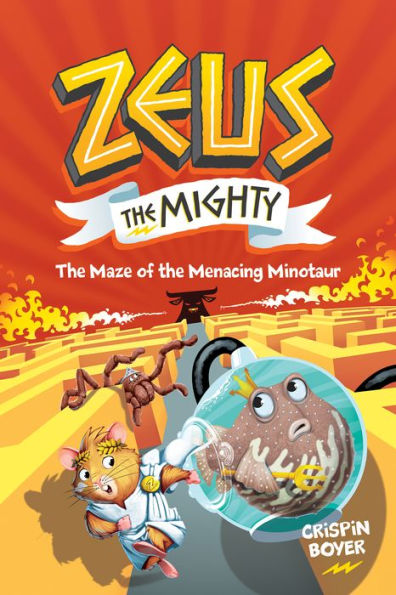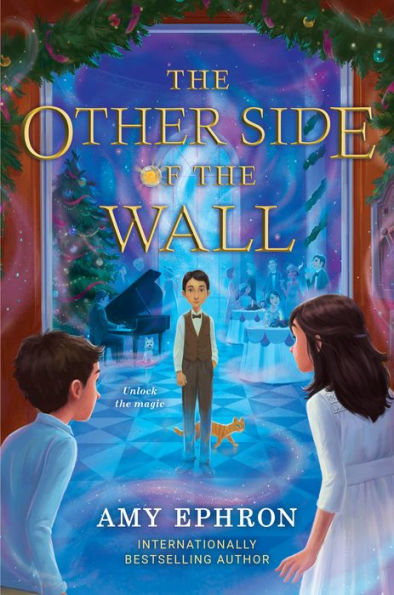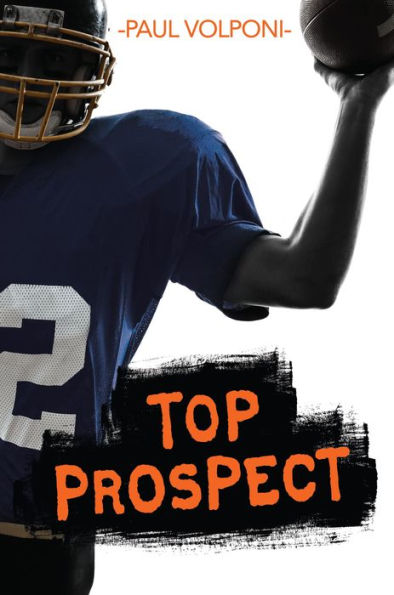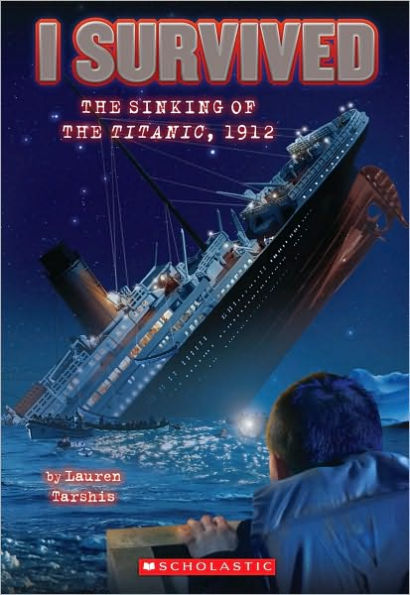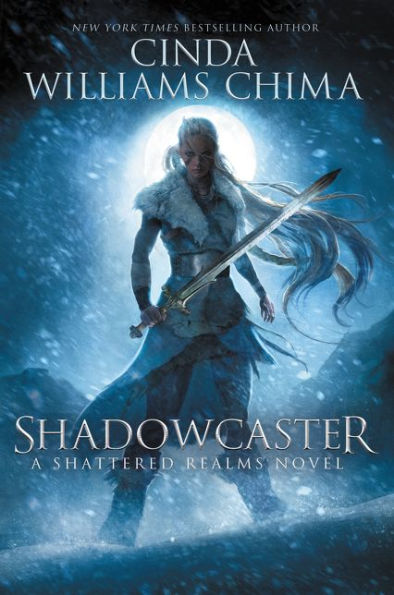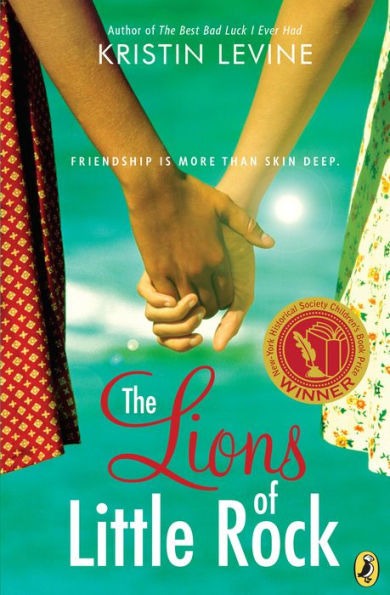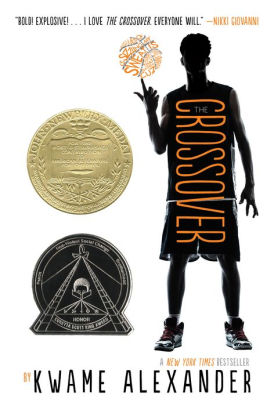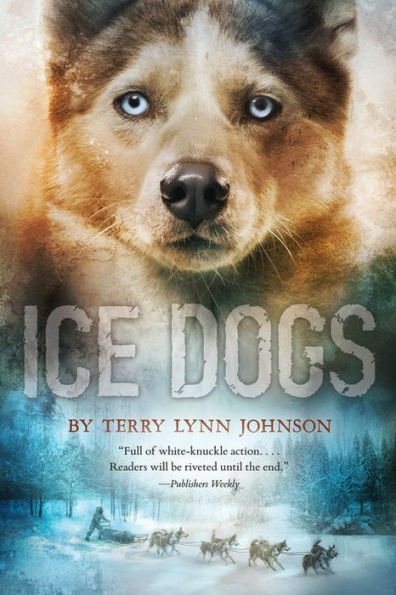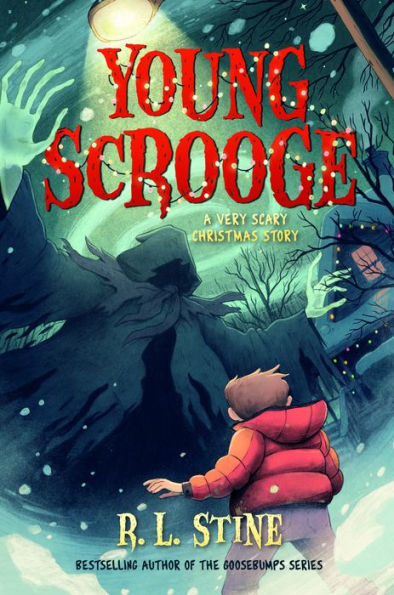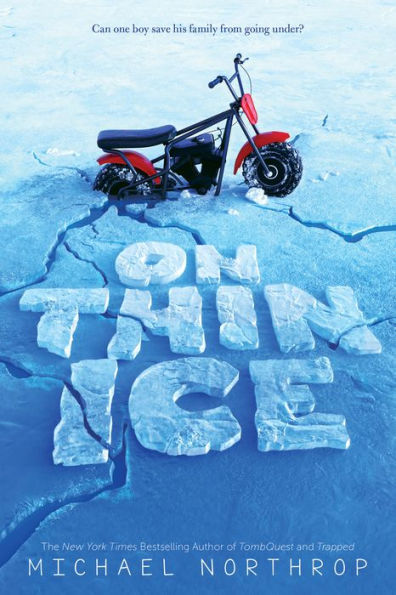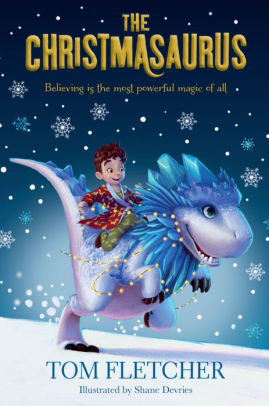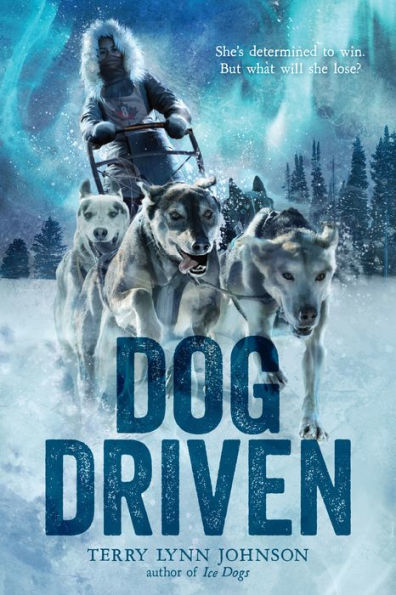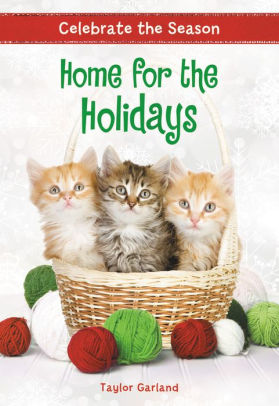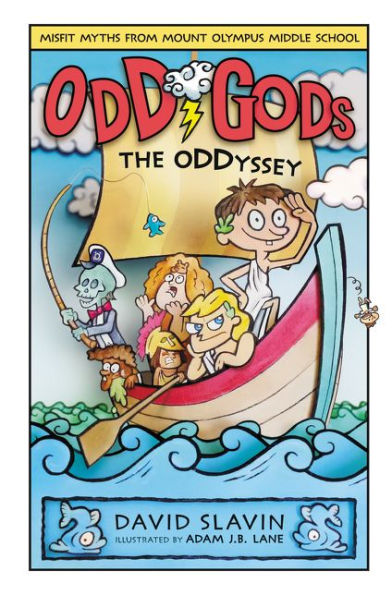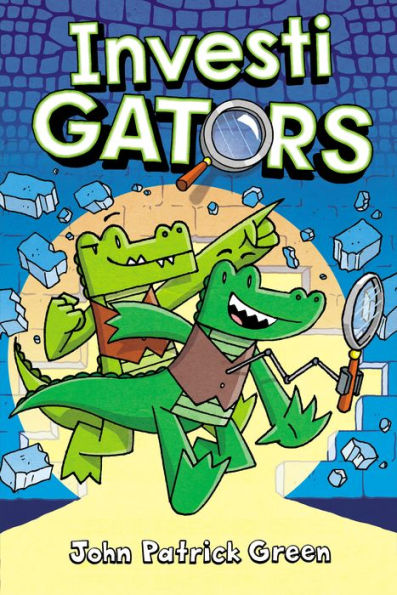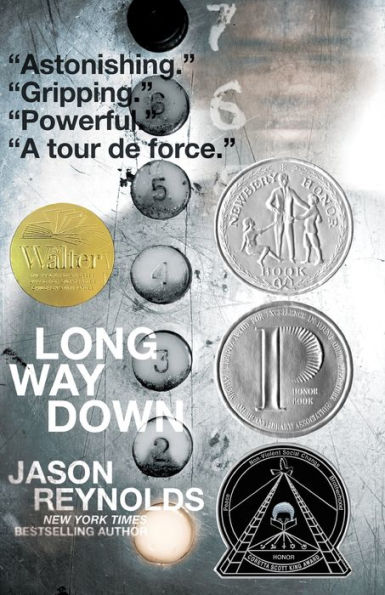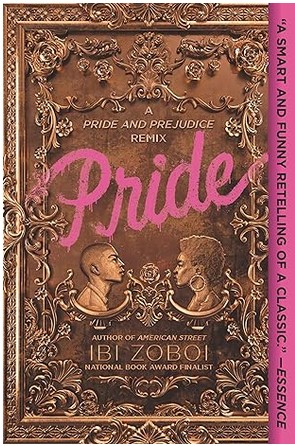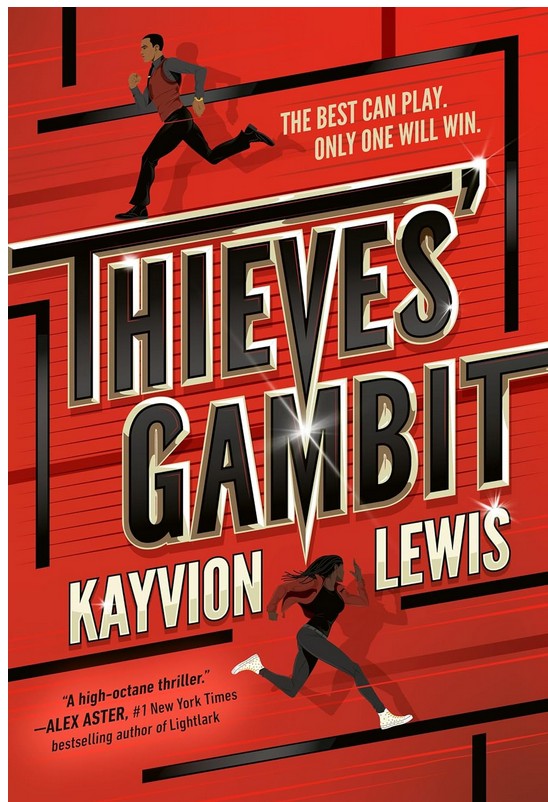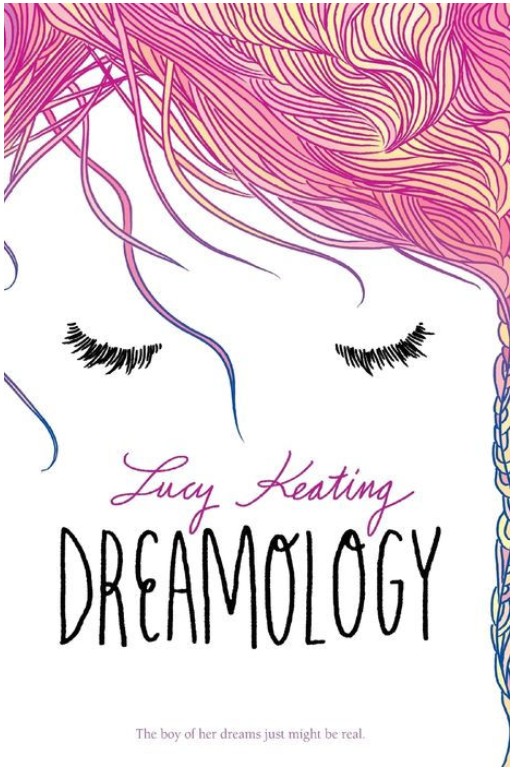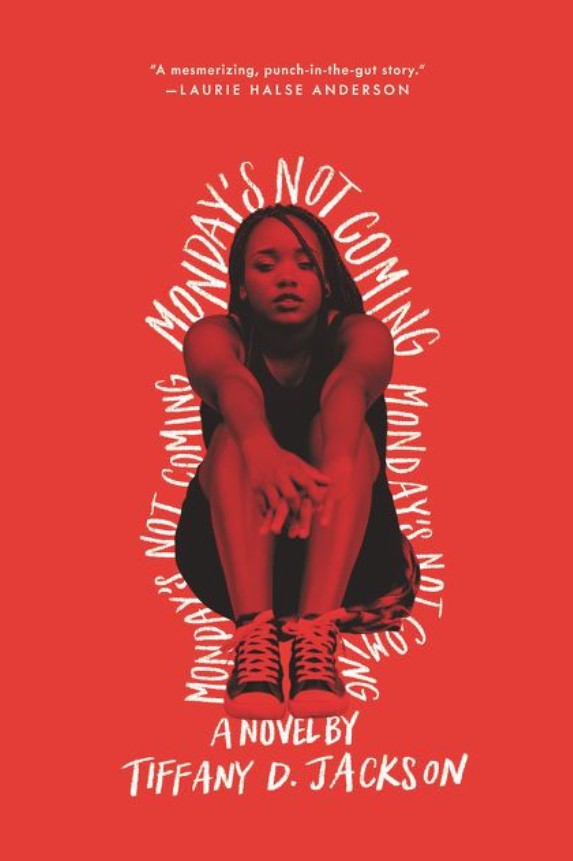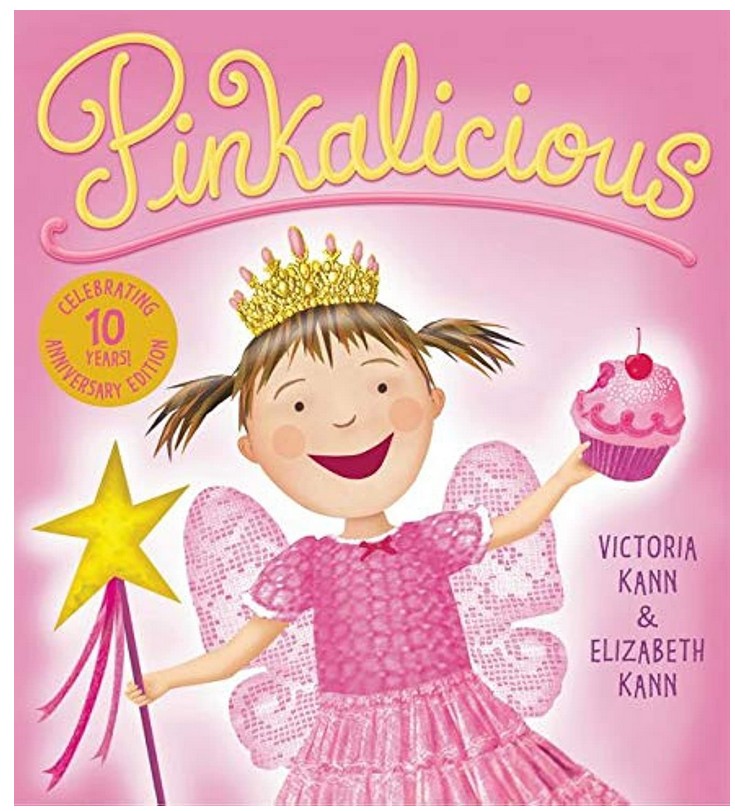Sylvia is surrounded by family and friends. She lives in a close-knit neighborhood where everyone speaks Spanish. Sylvia loves her life because there are always other children to play with. Then Sylvia’s sister, Laura, gets really sick and everything changes.
Even though Laura recovers, she is never the same cheerful, inquisitive child she once was. Because of Laura’s illness, Sylvia’s mother decides to move the family to a more affluent neighborhood. Soon, Sylvia is forced to go to a new school – one where the majority of students are Anglo. Sylvia is miserable and self-conscious. When a classmate invites Sylvia to join Brownies, Sylvia finds a place to belong and learn. The Girl Scouts teach her the importance of planning for the future and creating opportunities for herself. Because of Girl Scouts, Sylvia knew “that I could teach myself to fulfill a goal and work as a member of a team. . . I had learned that planning ahead and doing things properly could help you get what you wanted.”
Sylvia’s family life is often chaotic, but with the lessons she learns from Girls Scouts, Sylvia gains the confidence to take control of her life. However, Sylvia has to battle cultural and gender expectations. Sylvia felt “pulled between different worlds: home and school, Spanish and English, traditional and modern.” This doesn’t stop her from planning, learning, and striving to better herself. Sylvia becomes the first Latinx to graduate with a master’s degree in engineering from Stanford University and one of the few female rocket scientists at NASA’s Jet Propulsion Laboratories. Now, Sylvia is the CEO of the Girl Scouts of the USA.
This true story is told by Sylvia herself. Even though she has to struggle to overcome many obstacles, she continues to work hard in order to reach her goals. Sylvia refuses to be defined by gender roles. For example, when she began high school, the school enrolled her in home economics. However, she refused to go to the class because she didn’t want to be a homemaker. The principal allowed her to take an additional math class instead. This helped prepare her for her future career at NASA.
The autobiography Path to the Stars will encourage readers to plan and strive for a better tomorrow. Through Sylvia’s story, readers will come to understand the importance of hard work. Even though Sylvia’s journey was difficult, she continued working to meet her goals. Even though Sylvia gained much of her knowledge through books, she also found other ways to learn. For instance, when her parents’ car kept breaking down because they did not maintain it properly, Sylvia took a class that taught women how to maintain a car. After that, she changed the oil in the car herself, even though she wasn’t yet old enough to drive.
While Path to the Stars is motivational, some readers will struggle with the difficult vocabulary and the slow pacing in some parts of the story. However, the story teaches many life lessons that make Path to the Stars worth reading.
Sexual Content
- None
Violence
- Sylvia’s parents argued, and “a couple of times at night, when they were arguing. I had heard Papá hit Mami. . . In those days, domestic violence was considered a private family business, and outsiders seldom intervened.”
- One day, Sylvia’s mother told her “that she and Papá had a terrible fight and he had hit her the way he had in the past.” Sylvia’s mother planned to move to California and stay with a relative. Later that day, Sylvia’s mother changed her mind but said, “If he ever hits me again, I’m leaving.”
- Papá was angry and annoyed by Sylvia’s four-year-old brother. “We all knew when Papá was about to lose his temper, and sure enough, he lifted his hand, about to strike. Armando cowered, tears starting down his face even before the spanking, and I rushed forward to stand between my father and my little brother. . . Mario joined me. . .. Papá backed down.”
- Sylvia refuses to reply to her father with, “Yes, sir!” So her father “smacked” her face. “Papá ran after me, and when he caught up, I hit him without thinking, just trying to protect myself.” Sylvia runs to her bedroom. Then, he “stormed into the room his eyes filled with rage, a look on his face I will never forget. He pulled off his belt and struck me once, twice. I curled up on the bed, and he kept hitting me, over and over, as Laura sobbed and begged him to stop.”
Drugs and Alcohol
- Sylvia’s mother did not allow alcohol in the house. “This was partly because my family was Baptist and partly because my mother forbade my father to bring alcohol into the house. In the past, he’d sometimes had a problem controlling his drinking. Now he and Uncle Sam might enjoy an occasional beer, but that was all Mami would allow.”
- In order to save for college, Sylvia and her friend collect recycling. When they had time, they would go to parks because they were “littered with soda and beer cans.”
Language
- None
Supernatural
- None
Spiritual Content
- Sylvia and her family attend church.
- Hermana Diaz taught Sylvia and her brother English. “To build our vocabulary in English, she taught the song ‘Jesus Loves Me.’”
- After Sylvia’s sister gets meningitis, her father stopped going to church. “Before Laura got sick, Papá had been a lay minister and leader of our church choir. After Laura’s illness, he felt betrayed that so many members of the congregation, instead of rallying around our family, stayed away from our home for fear of catching meningitis. . . Even then, when I was older, I never knew if it was because he’d been bothered by the behavior of other members of our church, or if his faith itself was shaken by Laura’s illness.”
- Even after Laura recovered, Sylvia’s mother was sad. “She blamed herself for Laura’s illness and in some ways felt it was a form of God’s punishment, even though she knew that others had gotten sick too. . .”
- For many years after Sylvia’s sister was sick, Sylvia “prayed that in the morning Laura would wake up to her old self and our family would be happy again.”
- Many of the school children were Catholic. Sylvia “knew that my family’s Baptist religion made us different from most of our neighbors. I liked church, but I wondered why we needed separate churches with different rules. “
- When Sylvia was in Brownies, she recited a pledge. “I promise to do my best to love God and my country. . .”
